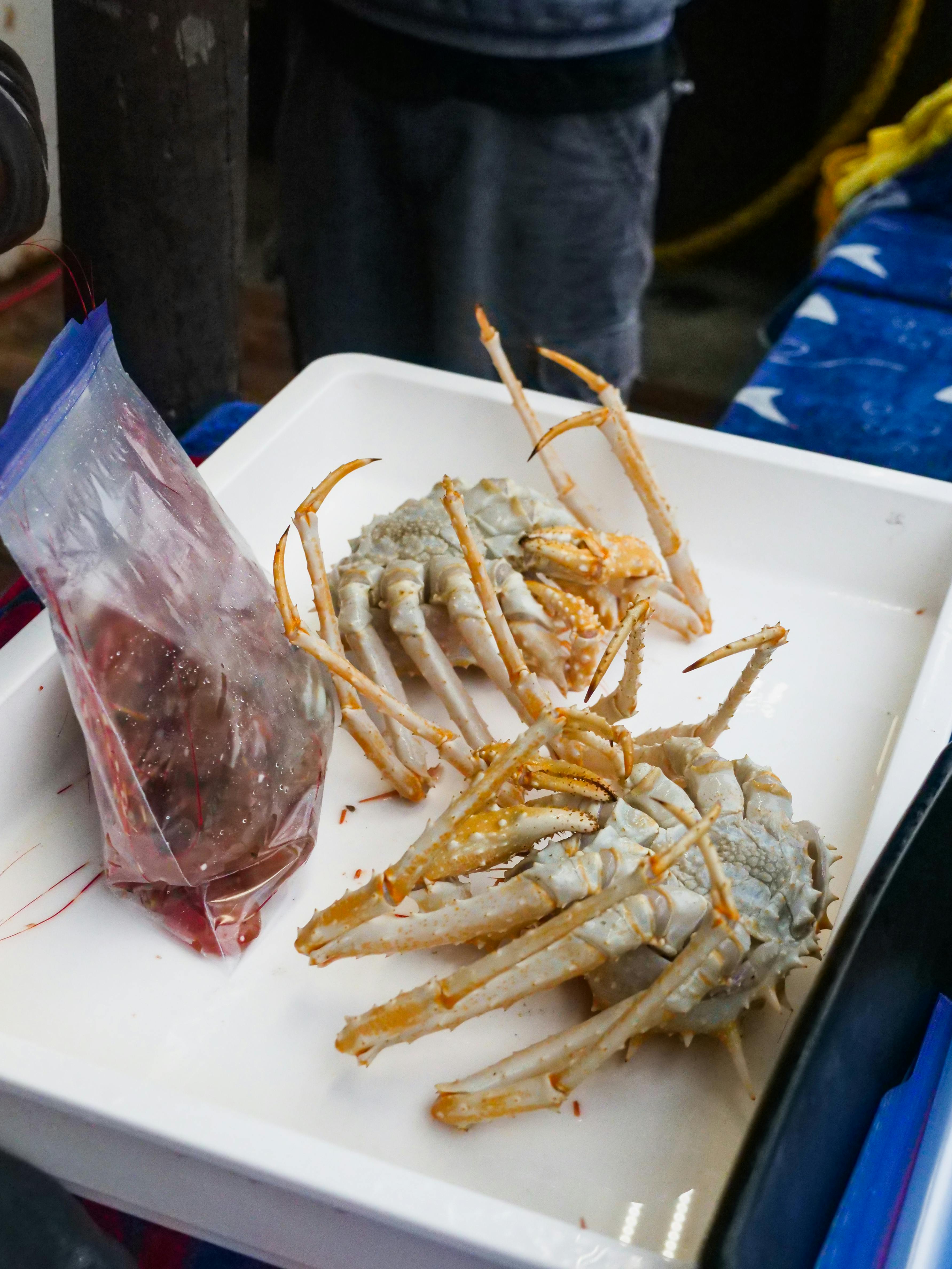
Effective Diet Sheet for Gallstones: Improve Your Nutrition in 2025
Gallstones can significantly impact your health, making it essential to maintain a well-planned diet that supports gallbladder function. A specialized gallstones diet focuses on reducing the risk of gallstone formation and alleviating symptoms. Understanding how to manage your nutrition effectively can lead to better health outcomes for gallstone sufferers.
This article will provide you with a comprehensive gallbladder diet sheet that emphasizes the foods to embrace and those to avoid. We’ll explore recommended meal plans, cooking tips, and healthier lifestyle choices that not only accommodate gallstones but also ensure overall well-being. By the end of this article, you will have actionable insights and a clear path towards managing your condition through diet.
Key takeaways include the importance of low-fat and high-fiber foods, insightful recipes tailored for gallstone management, and practical advice on meal timing and portion control. Let's set you on a journey toward improved gallbladder health.
Essential Foods to Include in Your Gallstones Diet Plan
Building your diet around essential foods is the first step towards effective management of gallstones. Including the right nutrients can significantly impact gallbladder function and overall health.
High-Fiber Foods
Incorporating high-fiber foods into your gallstones diet plan is beneficial. Whole grains, fruits, and vegetables not only aid digestion but also help maintain a healthy weight, which is important for gallstone prevention. Foods such as oats, brown rice, apples, and leafy greens are excellent choices.
A good fiber intake can also support bile production, essential for digesting fats and preventing bile salt deficiency, which may lead to gallstone formation. Aim for a variety of fiber sources daily to maximize nutritional intake and digestive health.
Healthy Fats for Gallbladder Health
Contrary to popular belief, not all fats are detrimental in a gallstones diet. Incorporating healthy fats, such as those from avocados, nuts, and fish, is crucial. These fats can promote gallbladder contractions, reducing the risk of gallstone formation.
It’s important to focus on omega-3 fatty acids found in fatty fish like salmon, which not only provide health benefits but also help reduce inflammation associated with gallstones.
Hydration and Gallstones
Staying hydrated is vital for gallbladder function. Adequate fluid intake can help dilute bile, making it less likely to form stones. Water is the best choice, complemented by herbal teas that further aid in digestion. Limiting sugary beverages and high-carb drinks is crucial as they can exacerbate gallstone symptoms.
Recommended Foods for Gallstone Patients
Based on the understanding of how certain foods affect gallbladder health, it’s beneficial to compile a food list for gallstone sufferers. Recommended foods include:
- Whole grains
- Fruits (especially berries and apples)
- Vegetables (particularly leafy greens and cruciferous vegetables)
- Lean proteins (chicken, turkey, tofu)
- Healthy fats (olive oil, nuts)
Each of these foods supports not only gallbladder health but also overall nutrition. Experimenting with various combinations can lead to delicious and gallstone-friendly meals.
Meal Prep Ideas for Gallstones
Meal prep for gallstones can be a game-changer for managing your diet effectively. Preparing meals in advance ensures you always have gallstone-friendly options available. Consider the following tips:
1. Batch cook whole grains such as quinoa or brown rice as a base for multiple meals.
2. Pre-prepare vegetables by chopping and storing them in the fridge for quick stir-fries or salads.
3. Make a large batch of soup loaded with vegetables and lean protein, which can be easily reheated throughout the week.
Foods to Avoid with Gallstones: A Comprehensive Guide
Understanding what to avoid is just as critical as knowing what to include in your diet. Certain foods can trigger gallbladder attacks and exacerbate symptoms, making it crucial to eliminate or reduce their intake.
High-Fat Foods and Their Impact
Foods high in saturated fats can significantly affect gallbladder health and lead to the formation of gallstones. Avoiding fried foods, creamy sauces, and fatty cuts of meat is essential for anyone managing gallstones. These foods slow down the gallbladder's ability to work efficiently and can lead to increased discomfort.
Processed and Sugary Foods
Processed foods, particularly those high in sugar, can lead to weight gain and fat accumulation, both risk factors for gallstone development. Foods like pastries, candies, and certain snack foods should be limited. Instead, focus on whole, unprocessed foods that provide the nutrients needed without added sugars.
Excessive Dairy Products
While dairy can be part of a balanced diet, excessive consumption of full-fat dairy products can aggravate gallbladder issues. Opt for low-fat or non-fat dairy options, if dairy is included in your gallstones nutrition guide. Remember to listen to your body and track any symptoms related to dairy intake.
Foods High in Refined Carbs
Refined carbohydrates, such as white bread and pasta, can lead to insulin resistance and weight gain, factors that contribute to gallstone formation. Choosing whole-grain varieties instead will provide more fiber and nutrients, helping to mitigate these risks.
Alcohol and Caffeine Consumption
Caffeine and alcohol consumption should be moderated, as they can affect your digestive system and gallbladder health. Caffeine can stimulate the gallbladder but may lead to discomfort for some individuals. Alcohol, particularly in excess, can lead to dehydration and inflammation in the gallbladder.
Gallstones Treatment Diet: Combining Nutrition with Care
Managing gallstones goes beyond just dietary adjustments; integrating a treatment diet is essential for proper care. This diet focuses on symptom relief and preventing future attacks.
Importance of Balanced Diet
Following a balanced diet rich in nutrients is vital for gallstones management. Ensure adequate intake of vitamins and minerals to support overall health and help reduce inflammation. Foods that are high in antioxidants can also aid recovery and improve gallbladder health.
Portion Control Strategies
Monitoring portion sizes is critical in a diet for gallbladder attacks. Larger meals can provoke the gallbladder to work harder, leading to discomfort. Eating smaller, more frequent meals can provide comfort and prevent gallbladder strain.
Meal Timing for Optimal Digestion
Strategically timing your meals can impact how well your body digests food. Aim to eat at regular intervals and avoid late-night snacking, as this could lead to discomfort and digestion issues. Consistency in meal timing helps the body manage bile production effectively.
Supplements and Gallstones
Consulting with a healthcare provider about the use of supplements can be beneficial for those with gallstones. Certain supplements may aid in digestion or provide necessary nutrients that may be lacking in the diet.
Monitoring Symptoms and Making Adjustments
A personalized approach to your jGallstones treatment diet can vastly improve your quality of life. Keep a gallstones food diary to track what you eat and how it affects your symptoms. This can help tailor your diet based on your unique needs and responses.
Gallstone Friendly Recipes: Quick and Delicious Options
Creating balanced meals doesn't have to be difficult. Here are some easy gallstone friendly recipes that incorporate the recommended foods and cooking methods.
Healthy Breakfast Options
Start your day with a healthy breakfast that supports gallbladder function. A smoothie made with spinach, banana, and almond milk is nutritious and easy to prepare. Alternatively, oatmeal topped with berries and a sprinkle of chia seeds offers a satisfying way to begin your day.
Light Lunch Ideas
For lunch, consider a quinoa salad mixed with diced vegetables, chickpeas, and a light vinaigrette. This dish is filling but low in fat, making it ideal for gallstone management. Also, try a vegetable soup that blends various greens and beans; it's both comforting and health-promoting.
Wholesome Dinner Recipes
For dinner, opt for grilled fish with a side of steamed broccoli and brown rice. This combination provides healthy protein and is low in fats. You can also experiment with stir-fried vegetables and tofu, flavored with ginger and garlic, which not only adds taste but offers anti-inflammatory benefits.
Healthy Snacks for Gallstone Patients
When feeling peckish between meals, choose snacks that will nurture your gallbladder. Fruits like apples or pears are excellent options, as well as a handful of nuts or a yogurt made from low-fat dairy.
Conclusion: Your Path Forward with Gallstones
Emphasizing healthy choices in your diet is crucial for managing gallstones effectively. By focusing on essential nutrients and avoiding harmful foods, you can support your gallbladder health and reduce the risk of future complications. Following this gallstones dietary recommendations and exploring new recipes can help make your health journey more enjoyable and successful.

